Hanna, can you tell us a bit about yourself and how you came to work with TSF?
Hanna: Certainly. I'm Hanna Vares, 26 years old, and Ukrainian. I used to study international relations and my master's thesis was on the refugee settlements crisis in Europe. I joined TSF last June (2022) when I was trying to follow up on what was happening in Ukraine and see how I could help.
You are coordinating the project of Information Diffusion for Ukrainian refugees in Poland. Can you tell us more about it ?
Hanna: Yes, of course. The name of the project is reflective of its objective: to provide information, make it accessible to people, and ensure that the information they receive is reliable and fact-checked. This would give them access to basic services such as legal status, psychological advice, mental health, disability health, and all these kinds of issues.
How do you find this information?
Hanna: We get this information from our partners, from the NGOs we are working with here in Poland. Some of their information comes from the government. We put it together in a kind of presentation that we call a playlist and display it on regular TV screens in the form of a presentation.
Why is it difficult for Ukrainian people to find this information?
Hanna: It is difficult for many people in the world to know if the information they receive is correct. However, when you are in distress, fleeing the events happening in your country, you really don’t have the time nor the psychological means to verify the information.
Moreover, sometimes you might not have access to the internet. For these people, knowing that they can come to the screens and find relevant information on who to contact if they need to, it’s reassuring. Our information gives references – phone numbers, addresses – they can refer to after they have seen the slides.
What is your role in the project?
Hanna: My role is to organize the project and keep it going here in Poland with the help of HQ in France. We do everything from ordering the technical parts to contacting and getting in touch with NGOs and keeping that relationship going. That also means responding to emergency situations.
What do you enjoy about your work?
Hanna: I enjoy being able to be there for the people that I share the experience with. Being Ukrainian myself, I can feel their pain, which enables me to respond to their needs in a much better way than someone in the outside world.
What is the most challenging aspect of your work?
Hanna: The most challenging aspect is sharing the experience and trying to detach myself from the emotional part of things.
You are from Ukraine but already working in Poland. What are the advantages and difficulties of your situation?
Hanna: Being here in Poland is challenging in many ways, such as starting your life and your connections from scratch. I think I share this with a lot of people who are fleeing Ukraine. Trying to integrate into society, learning the language, customs, and traditions, many of which we already share with Polish people, but they're not exactly the same. These are different challenges that I and many of my fellow Ukrainians encounter being here.
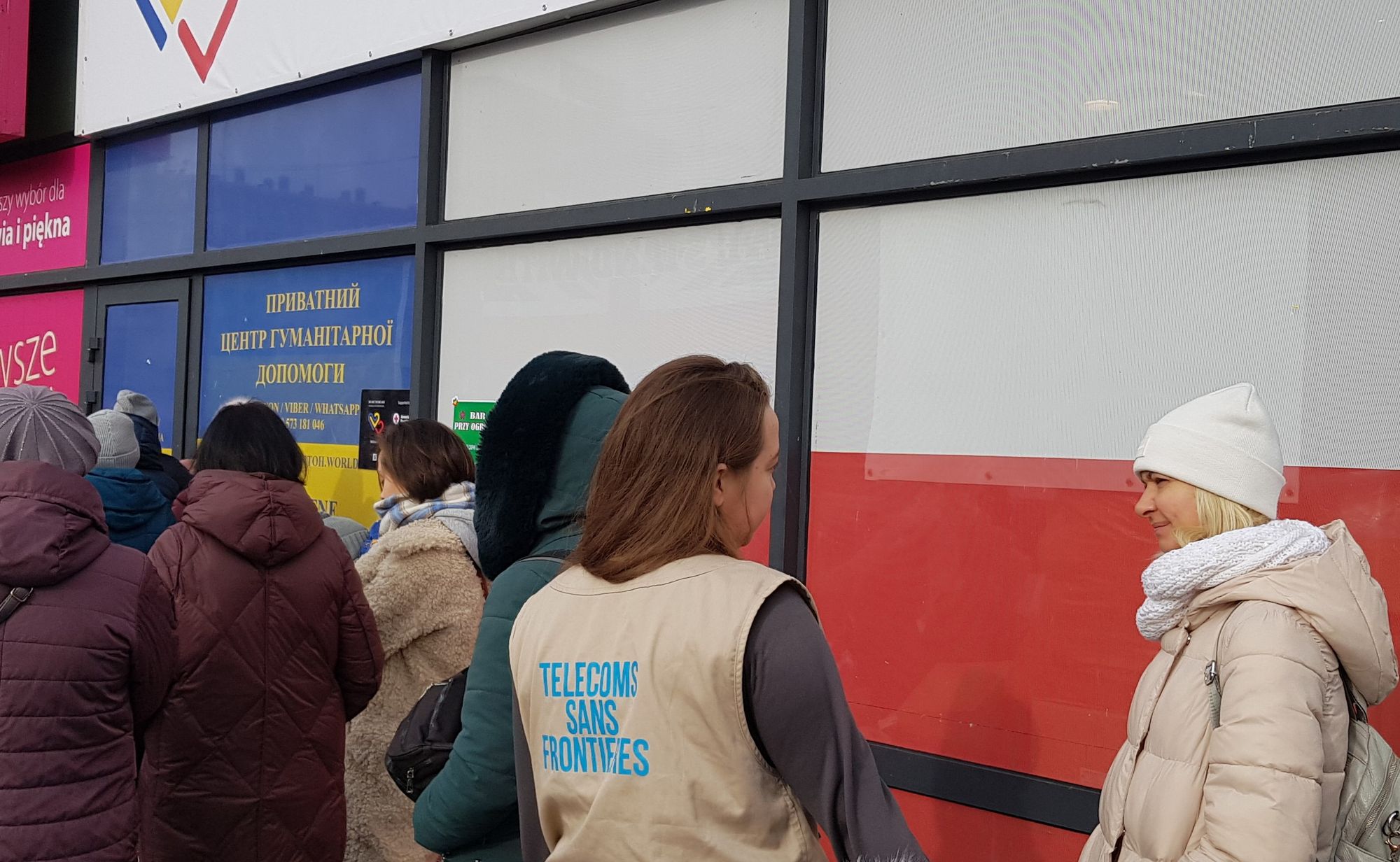

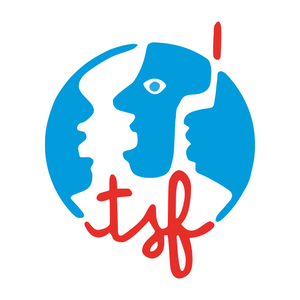
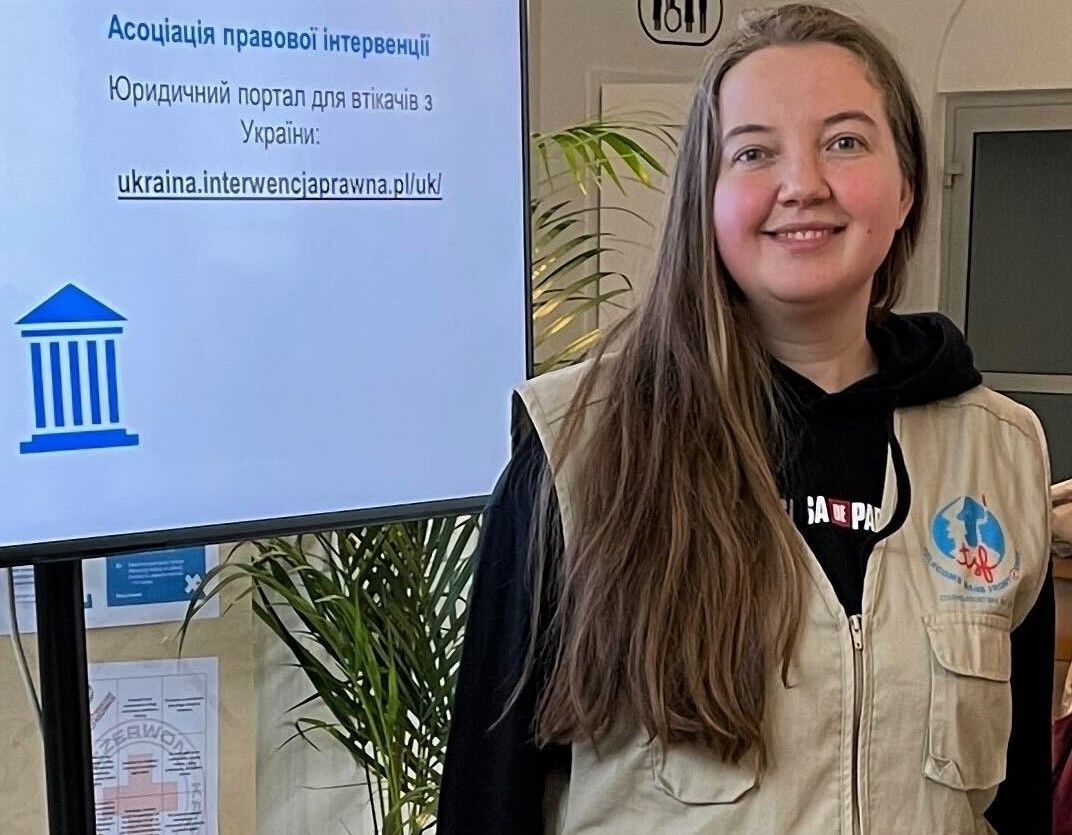




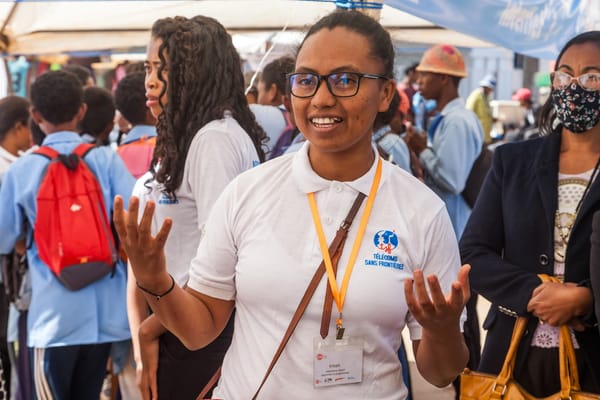
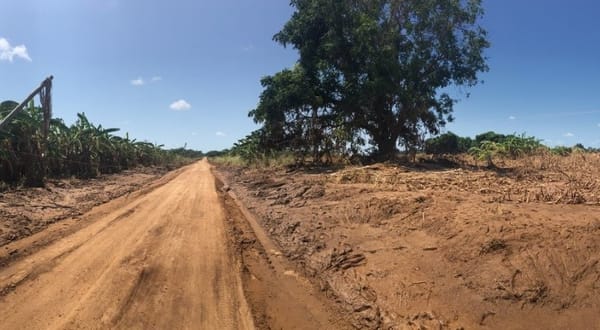
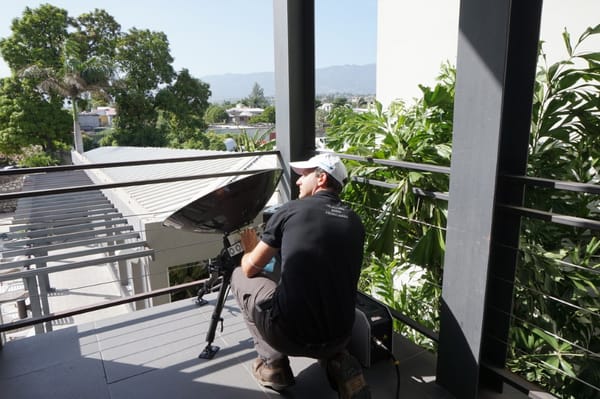
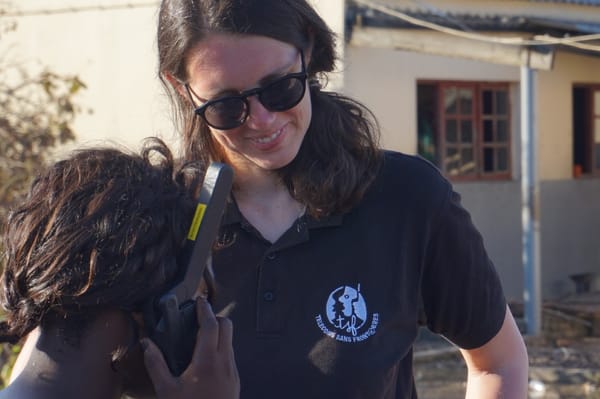
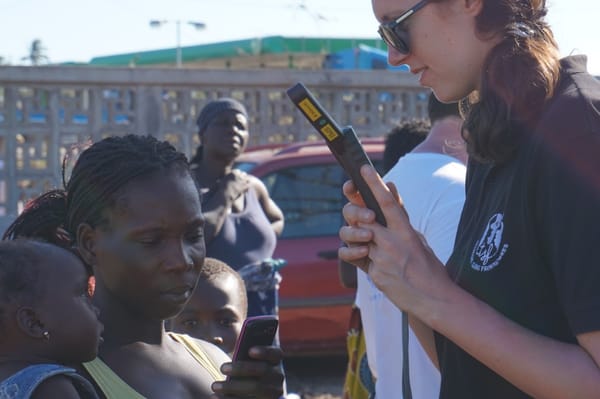
Member discussion